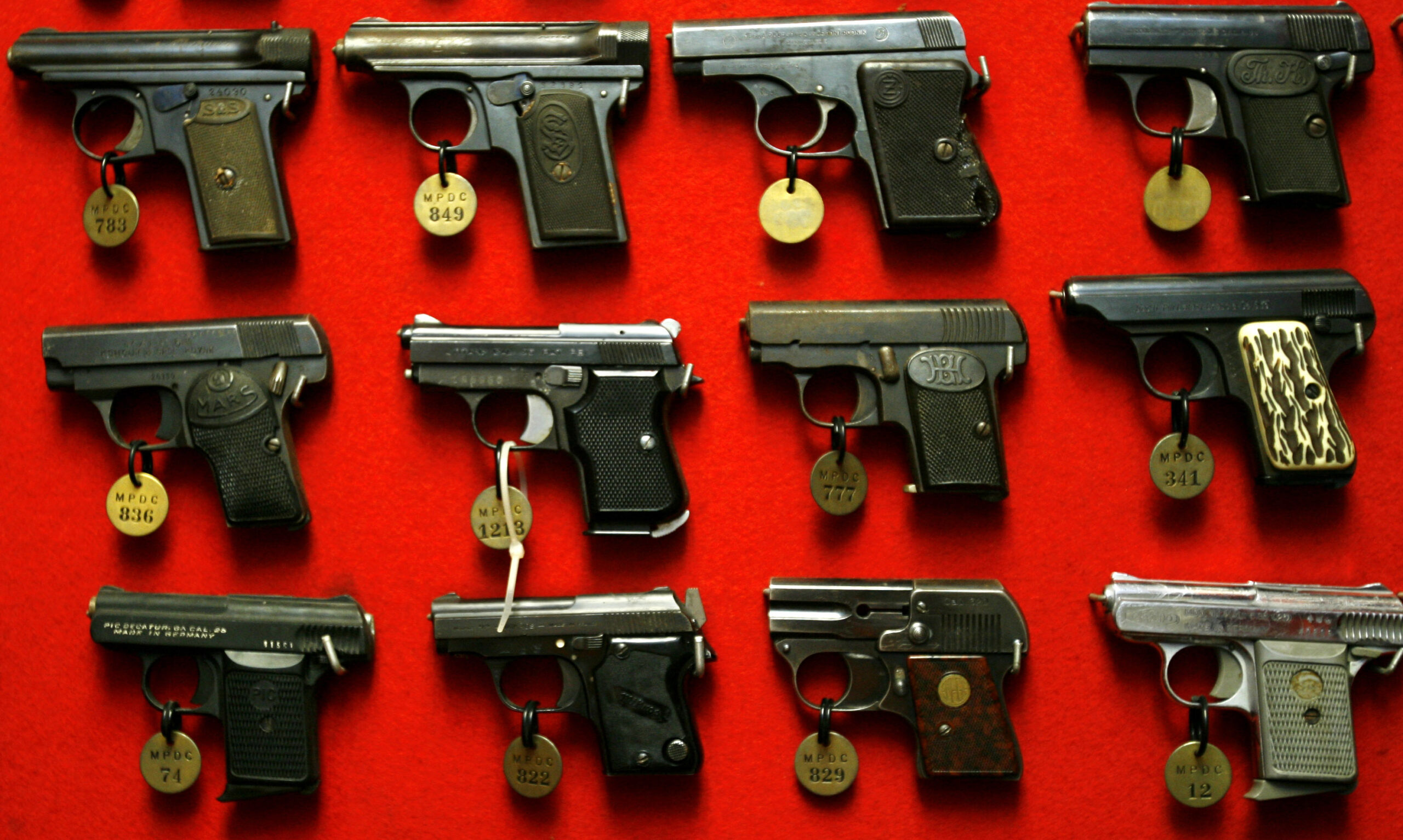

(The Center Square) – How do racial views impact Americans’ views of gun control and gun ownership?
Margaret Kelley, professor of American studies at the University of Kansas, examined the connection between these issues in a new paper titled “Cognitive and Apathetic Racism in Patterns of Gun Ownership and Gun Control Attitudes.”
Her research concluded that racism has no association with gun ownership, but cognitive and apathetic indicators of racism can influence gun control attitudes for at least some white individuals.
Sociological Inquiry published the research paper.
“The connections between racism, racial attitudes, gun ownership, and gun control policies are complicated,” Kelley said in a release issued by the University of Kansas. “Historically, gun ownership has been racialized and largely restricted to white men. Protection from other people is a major reason for gun ownership, especially handguns. Crime has been racialized, such that many whites perceive crime to be likely to be committed by people of color.”
Kelly said racial attitudes may also influence how people feel about the right to carry weapons in public and restrictions on controlling access to them.
The paper, co-written by Amie Nielsen and Oshea Johnson of the University of Miami and Christopher Ellison and Bryan Gervais of the University of Texas at San Antonio, uses data gathered from Kelley and Ellison’s Guns in American Life Survey of 2018. The survey has input from over 3,000 respondents.
Kelley said most people who own guns are normal, law-abiding citizens and that only a small percentage of guns are linked to criminal activity or gun violence. She also said that at least 40% of households and 30% of adults own at least one firearm.
“Lots of people own guns, and some people own lots of guns,” she said.
“In our data, any initial association between racism and gun ownership is accounted for by other factors — quite possibly, political ideology plays a role here, although identifying the precise reasons for the disappearance of significant racism effects in our gun ownership models would require additional investigation.”
Kelley’s research used a novel measure of racism, according to the release. She thinks conventional measures, like the standard racial resentment index, have flaws. However, she thinks measures like cognitive and apathetic racism give more accurate readings.
“Cognitive racism is the awareness of racism or lack thereof, while apathetic racism is a lack of empathy toward the issue,” the release said.
Kelley said that other issues have long been associated with racism, including opinions about capital punishment and the use of force among police.
“Although white men have generally been the primary gun owners in the U.S., this pattern has been changing, and that change has accelerated since the COVID-19 pandemic,” she said. “More women and more minorities have joined the ranks of gun owners than ever before.”
Does that mean racists are more likely to own guns? Or does it mean gun owners are more likely to be racist?
“Contrary to some other scholars, our research showed that white people who hold racist attitudes are no more likely than those who do not to own guns,” Kelley said.
“We did not examine the question of ‘Are gun owners more likely than non-owners to be racist?’” she added. “What we did investigate is whether people who do hold more negative racial attitudes are more likely to oppose gun controls and to support concealed carry policies. We found support for this, including among both gun owners and non-owners.”
Kelly said her study reflects the variety of viewpoints of Americans toward race, regardless of gun ownership.
“Unfortunately, many Americans — including those who do not own guns — hold negative racial attitudes,” she said. “We do not claim that gun owners are more racist than others. Racial attitudes are one of many issues that are related to Americans’ attitudes toward gun control policies.”
Kelley thinks racism plays a role, but only a small role, in the variation of gun-related attitudes.
“Acknowledging and working toward understanding the implications of racism for various types of attitudes and behaviors in our society is important,” she said, “and our work in this paper is simply one step toward that broader goal.”
The university did not respond to a request for information on who funded this research and how much it cost.






